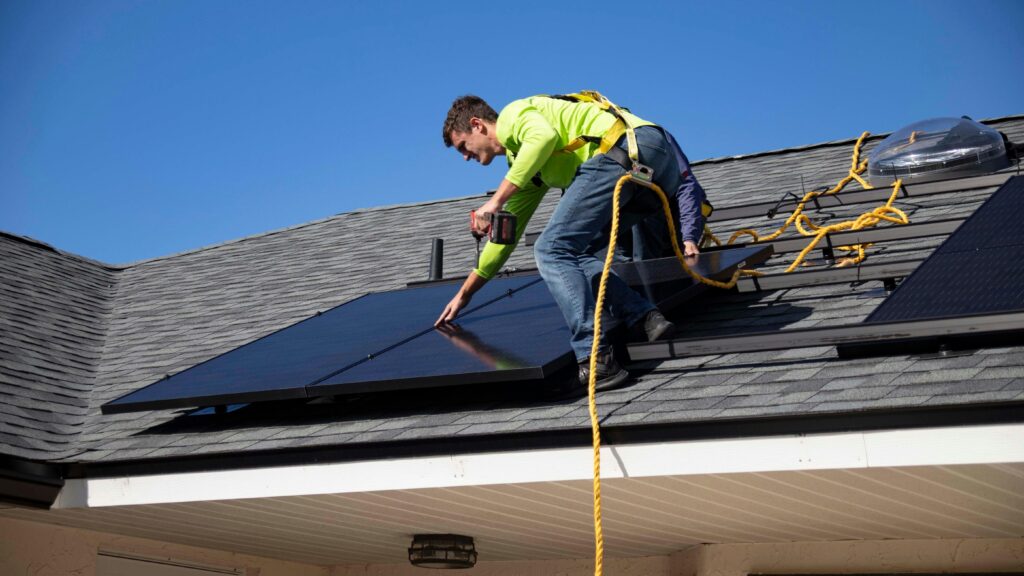
Do You Have to Declare Rats When Selling a House?
When you sell your house, it’s not always as straightforward as you might like!
In fact, the dream scenario of a seamless house sale seems further away than ever when you try to sell on the open market these days. Why? Well, the reasons vary. Negotiations over price, issues uncovered in the survey, and the failure to disclose problems you’re legally required to declare can all make the process slower than hoped.
One such issue that could see your sale stumble to a halt is rats. Now, you might well be thinking, “Rats… I haven’t got any rats!” Well, you may not have now, but you might have done in the past. The presence of rats — either currently or previously — can disrupt your house sale, meaning it’s essential that you declare them when selling your home. In fact, it is a legal obligation to declare rats when selling your house. Failing to do so could result in a host of problems, including the collapse of the sale and even an order requiring you to repurchase the property from the buyer.
I haven’t seen any rats. How do I know if my house has rats if I can’t see them?
Rats like to hide away, often only making themselves known when food is available, or the coast is clear. This makes it hard to know if they are in your home. Luckily, despite their sneaky nature, they often leave signs behind.
Look out for these five indicators — if you notice any of them, rats have likely got in:
- Droppings: Rat droppings are an obvious sign. They may be small but are often found in clusters.
- Urine: If you find unexplained urine puddles or damp patches, be alert — this could indicate rats.
- Damage: Rats love to chew, gnaw and play — often at your expense! Chewed wires, shredded paper and random accumulations of litter can be a sign they’re using your home as a playground.
- Noise: Rats are noisy pests! If they’re not scurrying across floorboards, they’re chewing through walls or rustling through insulation. You might also hear them squeaking to one another.
- Smell: Rats leave behind a distinct ammonia-like odour. If you detect this, they’re likely hiding somewhere in your home.
Why do I have to declare rats when selling my house?
There are several reasons. Rats carry numerous diseases and pose health risks to residents. They also have a habit of chewing through wires, which can increase the risk of fire, cause structural damage, and reduce your property’s overall integrity.
Because of the serious problems rats can cause, selling a home without disclosing their presence would be considered misrepresentation. This could prove very costly. The buyer might take legal action, which could result in you having to pay legal fees — or even buy the home back. This applies even if you’ve already dealt with the rat problem.
It’s important to remember that even if you no longer have rats, but did in the past, you must still declare it. The presence — or previous presence — of pests is one of many things you are legally obliged to disclose when selling a home.
If you’ve successfully dealt with the issue, make sure you inform potential buyers of:
- What the problem was
- How and when it was resolved
- Whether it has reoccurred since
What happens if I don’t declare rats when selling a house?
If you fail to inform buyers about a current or past rat problem, you risk prosecution. Mis-selling a property is a serious offence and can result in significant financial penalties.
You might be tempted to withhold this information out of fear that it will lower your property’s value. However, it’s always better to be honest. If you aren’t, a survey may uncover evidence of the issue anyway — which could cause buyers to pull out, or offer far less than you expected.
Will rats reduce my house value?
They certainly can. Prospective buyers will want reassurance that the problem has been properly dealt with and won’t return. If they believe it hasn’t been addressed, they’re likely to submit a lower offer.
The amount by which your home’s value might decrease depends on several factors, including:
- How long ago the rat problem occurred
- What was done to resolve it
- Whether any damage has been repaired
- The severity of the infestation
- Whether preventative measures are in place
To get an accurate idea of any impact on value, consider getting valuations from several estate agents and comparing your property with similar ones in the area.
How can I get rid of rats in my house?
If you currently have, or recently resolved, a rat problem, you’ll want to prevent it from recurring before putting your house on the market.
A pest control professional can use appropriate poisons or traps, but treatment often requires multiple visits and can be expensive.
Some effective DIY strategies include:
- Filling holes and cracks to prevent entry
- Disposing of rubbish properly
- Trimming back foliage to eliminate hiding places
- Cleaning up food spills immediately and keeping floors clear
Can I still sell my house if it has rats?
Yes – but as noted, you must declare the existence or resolution of any rat problem. Be prepared for lower offers, and some buyers may walk away.
However, many buyers won’t be deterred, especially if you’ve been upfront about the issue and explained how it was resolved. It’s when sellers try to hide the problem, or show no effort to fix it, that real trouble arises.
What else do you have to declare when selling a house?
Disclosure requirements go beyond rats. Failing to declare key issues can lead to fines, prosecution, or even cancellation of the sale.
You must declare:
- The presence (or previous presence) of pests such as bed bugs, wasps, ants, cockroaches, moths, or flies
- Neighbour disputes, including boundary or parking issues
- Structural problems (e.g. damp, cracks, sagging roof)
- Invasive plants, like Japanese Knotweed
- Any history of flooding
- Nearby development works
- Building insurance details
- Alterations made to the property
You should use the TA6 Property Information Form to disclose any issues or changes. Failing to do so means that, even years later, the buyer could still pursue legal action against you.
Should you have had issues selling your home, whether it is due to rats or not, speak to our team. Selling houses fast is what we specialise in. We guarantee a sale and have the process completed in as little as seven days. What’s more, we buy any house, so you don’t have to worry about the condition, the location or type. Contact our property specialists today to find out more.


